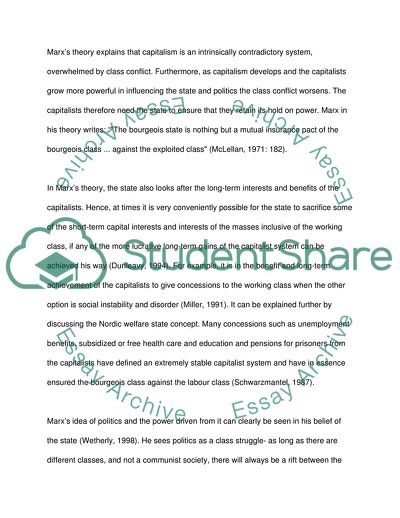Cite this document
(Elite's Theory and Marxism Theory in Power and Politics Coursework, n.d.)
Elite's Theory and Marxism Theory in Power and Politics Coursework. https://studentshare.org/politics/1710960-globalisation-power-and-politics
Elite's Theory and Marxism Theory in Power and Politics Coursework. https://studentshare.org/politics/1710960-globalisation-power-and-politics
(Elite'S Theory and Marxism Theory in Power and Politics Coursework)
Elite'S Theory and Marxism Theory in Power and Politics Coursework. https://studentshare.org/politics/1710960-globalisation-power-and-politics.
Elite'S Theory and Marxism Theory in Power and Politics Coursework. https://studentshare.org/politics/1710960-globalisation-power-and-politics.
“Elite'S Theory and Marxism Theory in Power and Politics Coursework”. https://studentshare.org/politics/1710960-globalisation-power-and-politics.


